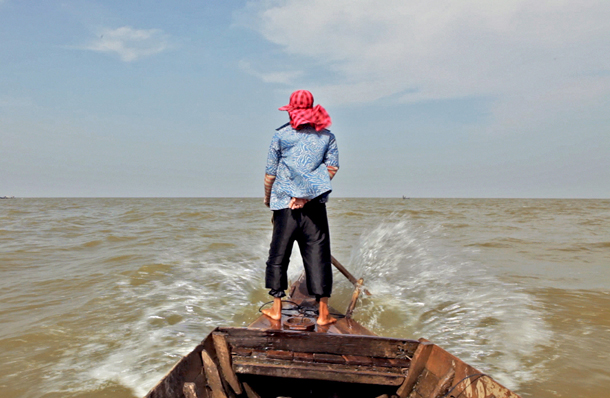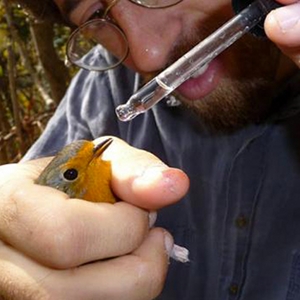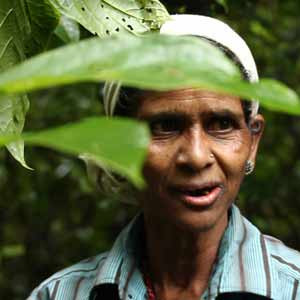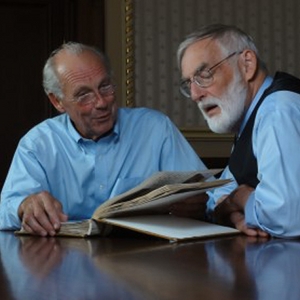The realities of exponential growth in the human population create discomfort in their grave implications as the world’s space and resources are finite and the overpopulation of any species has the potential for devastating effects, but when the human equation enters the picture cold objectivity becomes difficult because it forces humanity to stare in the face of its inevitable mortality. Having supposed domain over our surroundings and possessing what we believe to be the unique trait of consciousness, we have a specialized ability to comfort ourselves with short-sighted lies and the dubious notion that we are divinely unique and immune to obsolescence or catastrophic overpopulation. It will always work out for humanity, we shining creatures of evolutionary achievement and complete obliviousness to the logical interconnectivity the complex systems that govern the parameters of our existence. This arrogance that has allowed humanity to declare its incontestable supremacy could ultimately lead to our own extinction if we do not face the problems of the world with uncomfortable objectivity, but potential solutions are damning to the current notions of freedom and such concessions go against evolutionary stubbornness forged from countless cycles of competitive evolution. We are Earth’s darlings, and we will not be subjugated by the popular trends of kooky scientists and their tendency to possess the idiosyncratic personality defect of global awareness. Last Call explores the problems facing humanity and the obstinate aversion to subordination that clouds our ability to see these problems with appropriate impartiality as we illogically march toward our own destruction, as well as tell the fascinating story of a team of six men and women who changed the global language surrounding issues like environmentalism, economics, and the devastating impacts of overpopulation with their controversial book, The Limits of Growth.









